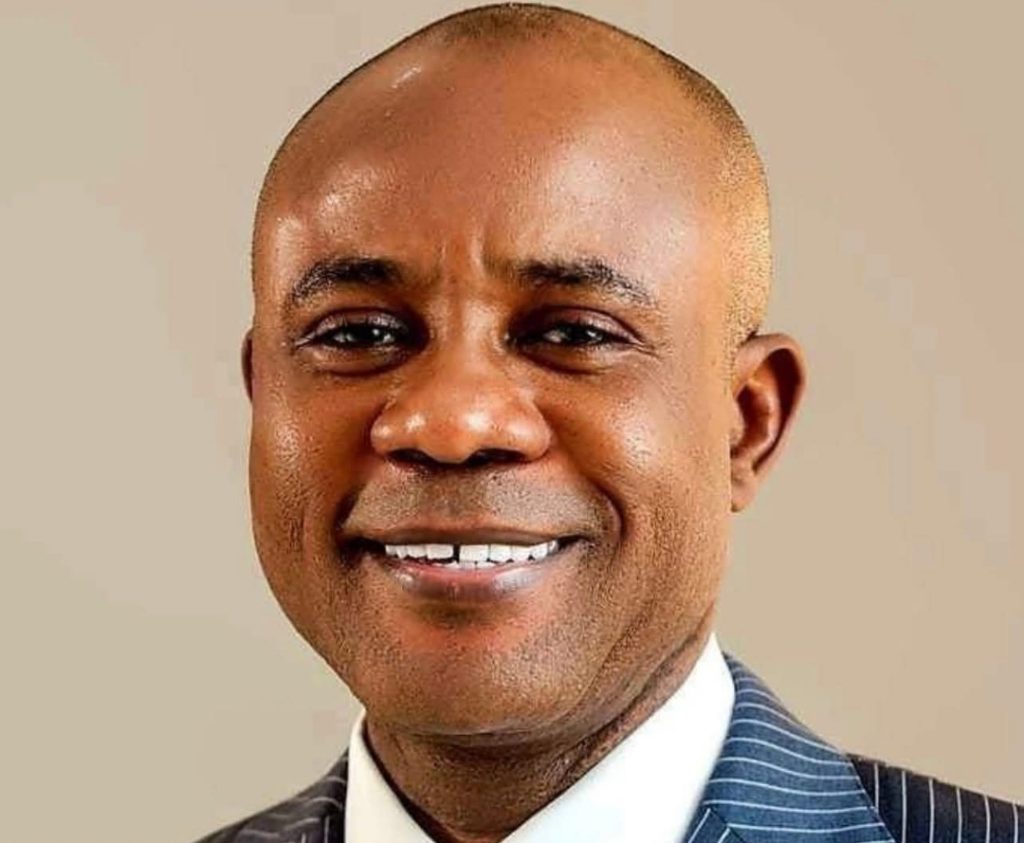Analysis
Rising femicide cases in Nigeria must end, by Chidera Ezeokoli

Femicide: on August 19, 2024, Christiana Idowu, a 300-level student of the Federal University of Agriculture, Abeokuta, was abducted.
Despite her family’s desperate attempts to pay a ransom, she was murdered.
The suspect, Adeleye Ayomide later confessed to the crime and revealed he had buried Christiana’s body at his family home.
The heartbreaking circumstances of her death have sparked national outrage, with Nigerians using social media to demand #JusticeForChristiannah.
This incident, sadly, is not isolated, as Nigerian women continue to face violence.
The rising cases of femicide reflect a systemic failure to protect women, and urgent action is needed to address this violence, hold perpetrators accountable, and promote a society that values women’s safety and dignity.
The frequency of these crimes highlights deep-rooted cultural and institutional issues that allow such violence to persist unchecked.
Women across Nigeria face the constant threat of abduction, abuse, and murder, yet many cases are met with apathy and negligence.
Nigeria currently ranks 10th in Africa’s most unsafe countries for women, according to the 2023 Women, Peace, and Security Index.
The persistent violence against women is not just a safety issue but also a failure to protect, respect, and value women’s lives.
Immediate and concrete steps must be taken to end this crisis before more women become victims.
To end this crisis, the government needs to treat femicide as a national emergency.
Crimes against women are often met with slow and ineffective responses from law enforcement, leading to a lack of accountability.
Authorities must strengthen the enforcement and prosecution of gender-based crimes, ensuring that perpetrators face justice swiftly and decisively. The current impunity allows these crimes to continue unchecked.
In 2023, Nigeria’s Minister of Women Affairs, Uju Kennedy-Ohanenye, revealed that 24,720 gender-based violence (GBV) cases were reported across Nigeria between September and October 3, 2023.
Alarmingly, 8,540 of these cases are still pending. This surge in GBV cases highlights the need for urgent action to protect victims and hold perpetrators accountable. The current justice system is failing to address the severity of the crisis.
In March 2024, Ghana’s judicial service introduced evening court sessions to reduce case backlogs and waiting times.
Similarly, mobile courts can help address the GBV crisis in Nigeria by providing swift and accessible justice, especially in rural areas.
By taking justice directly to the communities, mobile courts can increase conviction rates, reduce case backlogs, and ensure timely justice for victims. This innovative approach can help combat GBV and protect vulnerable populations.
Nigeria must also invest in public awareness and education campaigns that challenge the cultural and societal norms that devalue women’s lives.
The normalization of violence against women is ingrained in many communities, where harmful attitudes go unquestioned.
Programs that educate men and boys on gender equality, consent, and respect for women must become a national priority.
Femicide will only end when society as a whole changes its attitude toward women and no longer sees them as disposable.
More resources should be dedicated to women’s shelters, legal aid, and support services. Women often lack safe places to turn to when in danger and have little access to legal assistance or social support.
By expanding these services and making them accessible, the government can help women escape dangerous situations before they escalate to murder.
Additionally, more investment is needed in tracking and monitoring domestic abuse cases so at-risk women can receive protection in time.
Comprehensive reform of the police and security forces is also essential. Corruption and inefficiency within law enforcement mean many crimes, including those against women, go unresolved.
It is not enough to arrest perpetrators after the fact; preventive measures must be in place. The Nigerian Army’s arrest of Adeleye Ayomide, Christiana’s suspected killer, came too late to save her life.
The justice system must not only respond to crimes but prevent them through community policing, better intelligence gathering, and increased security presence in high-risk areas.
Femicide in Nigeria is not just a women’s issue; it is a national tragedy that undermines the safety and dignity of all citizens.
To prevent more lives from being lost, we must confront these failures head-on, implement stronger laws, and challenge the harmful norms that contribute to this violence.
Nigeria cannot afford to lose more women and girls to femicide. The time for action is now.
For Diaspora Digital Media Updates click on Whatsapp, or Telegram. For eyewitness accounts/ reports/ articles, write to: citizenreports@diasporadigitalmedia.com. Follow us on X (Fomerly Twitter) or Facebook











